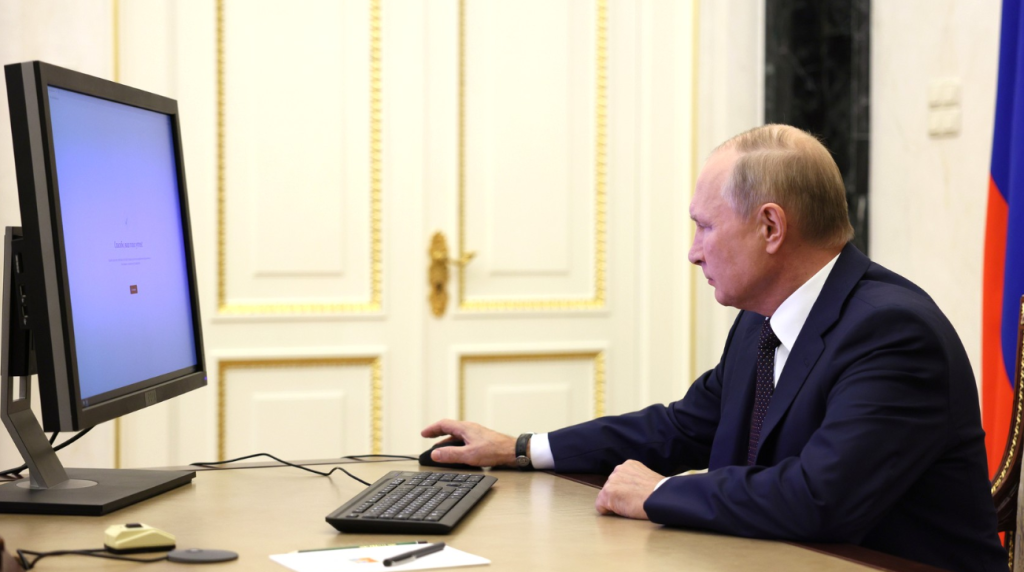Technical Difficulties Arise as Russians Flock to Online Voting.
Others are reading now
The onset of Russia’s presidential elections was met with an unexpected challenge as the electronic voting system buckled under the pressure of a high turnout on the very first day.
Users attempting to vote electronically were met with notifications of a system overload, attributed to an “unprecedented number of people willing” to cast their votes early in the morning.
This is reported by Moscow Times.
System Under Strain
Also read
Efforts to vote through the online platforms Gosuslug and mos.ru led to a “queuing mode” message for many, signaling the system’s struggle to accommodate the influx of voters. The Ministry of Digital Development cited “high activity” as the reason for the system’s heavy load, advising some users to try accessing the portal at a later time. In just one hour, over 200,000 users managed to submit their votes, a testament to the citizens’ eagerness to participate in the electoral process.
Within the first two hours of the election’s commencement, an astounding 20% of all registered platform users, amounting to over 900,000 individuals, cast their votes electronically. This option was available to residents across 29 Russian regions, with a total of 4.8 million Russians, or 4.5% of the 106.5 million eligible voters, having registered for electronic voting.
Unusual Voting Patterns and Opposition Response
Stanislav Andreychuk, co-chairman of the “Voice” movement, reported an unusually high turnout for electronic voting, suggesting that many were “forced to vote” under the supervision of their employers. This assertion paints a picture of a voting environment marked by oversight rather than freedom.
The Russian presidential elections, scheduled from March 15 to 17, began with the first polling stations opening in Kamchatka at 23:00 Moscow time the day before. Voting in the central part of the country commenced at 8:00 Moscow time on the first official day.
Controversy and Calls for Protest
Highlighting the contentious atmosphere surrounding the elections, the Russian opposition has organized the “Noon Against Putin” protest set for March 17, the main election day. This protest invites those opposed to Vladimir Putin’s potential fifth term in office to show their dissent at polling stations at noon.
However, the Moscow prosecutor’s office has labeled the protest as an “uncoordinated mass public event,” purportedly aimed at breaching election laws. According to official warnings, the collective arrival of citizens at polling stations could constitute an electoral offense under Article 141 of the Criminal Code, carrying a maximum sentence of five years in prison, further escalating the tension surrounding these pivotal elections.


